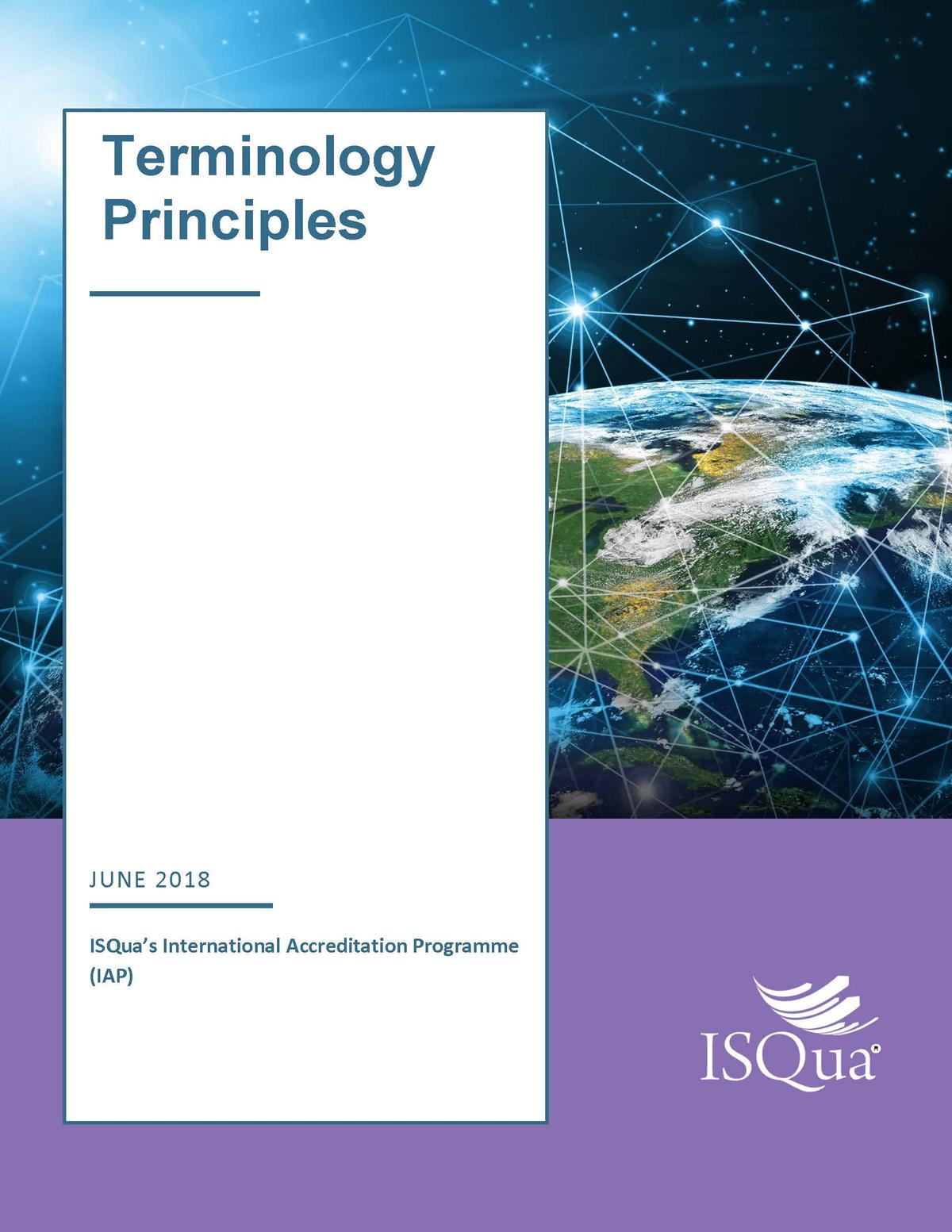From External Evaluation to Licensing

ISQua's Terminology Principles
It has been evident to ISQua’s Accreditation Council (AC), for some time, that different terms, language and wording is used in the field of external evaluation and that even within the AC, members each define the terms used differently. In addition, ISQua receives many requests for official definitions of the terms used in the external evaluation arena.
Therefore, ISQua’s AC decided to undertake a project to produce a set of definitions of selected key terms in the domain of external evaluation in health and social care to promote understanding and consistent use of terms among providers and researchers.
A brief literature review was undertaken to inform the development of draft definitions. These were then circulated to a variety of stakeholder groups for feedback in 2015 including external evaluation organisations involved in ISQua’s International Accreditation Programme (IAP), members of the European Partnership for Supervisory Organisations (EPSO) and other contacts in health and social care external evaluation organisations around the world.
The overall aim of the project was reviewed following the consultation exercise and it was decided that identifying and defining the principles of external evaluation and each of the different forms would be a more realistic and practical approach than developing definitions of each approach per se.
External evaluation is an overarching term which includes and encompasses several specific forms and types such as accreditation, certification, regulation and licensing. The principles of external evaluation and each of the different forms and types are presented in this document.

